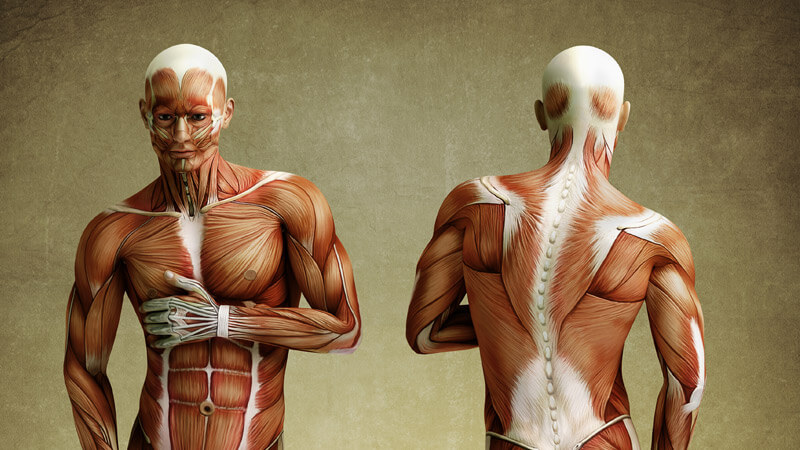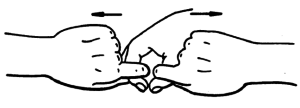Applied Kinesiology (AK)
Applied kinesiology (AK) is a diagnostic method that uses muscle testing to evaluate the functioning of the body’s systems. A simple example of how applied kinesiology works is if you have a kidney infection or stone, the low back muscle (trunk extensors) will become very spastic. When this occurs the hip flexors (psoas muscle) will be weakened by a process called reciprocal inhibition. The psoas muscle is related to kidney function, therefore a weak psoas could be related to a kidney deficiency. Applied kinesiology can also be used to determine whether specific foods and other substances may be contributing to health problems.
Autonomic Response Testing
 When a substance is placed over an area of the body which contains this identical substance, a stress signal is elicited which makes a strong (facilitated) muscle become weak (inhibited). Today functional MRI or fMRI technology is being developed that uses the same resonance phenomenon to accomplish the same objective.
When a substance is placed over an area of the body which contains this identical substance, a stress signal is elicited which makes a strong (facilitated) muscle become weak (inhibited). Today functional MRI or fMRI technology is being developed that uses the same resonance phenomenon to accomplish the same objective.


